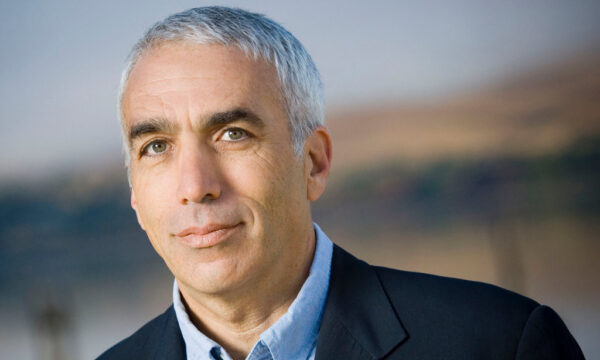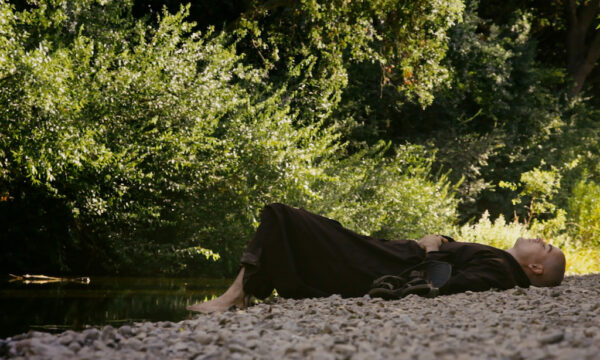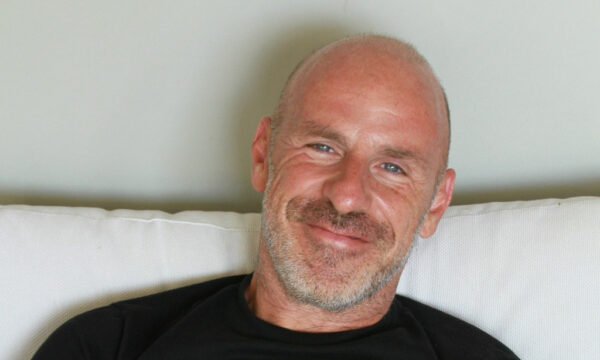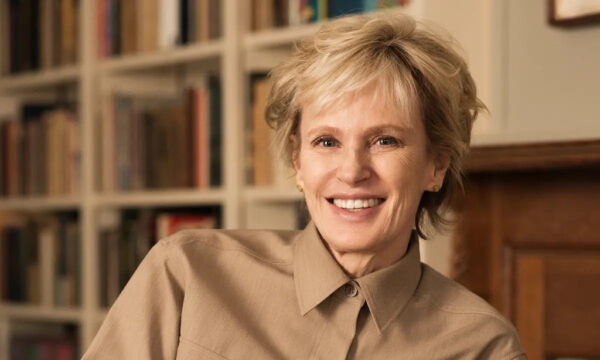In Conversation with Noam Chomsky at the British Academy

It would be near-impossible to downplay or dismiss the lifetime’s work and enduring stature of Professor Noam Chomsky, who since the 1950s has commanded a place as figurehead among the top echelons of public intellectual life. Still working, travelling and writing at the age of 86, and having published over 100 books, he remains a scholarly tour de force, the likes of which are scarcely imaginable in contemporary culture. In fact, in terms of longevity and influence, Stephen Hawking and Edward Said are perhaps his only really comparable peers.
To get the chance, then, to hear Chomsky talk at the packed British Academy was a distinct privilege. Hosted by the esteemed writer/broadcaster Melvyn Bragg, Chomsky began by delivering a lecture on his “core” praxis: linguistics, the modelling of language and the puzzles that still face the science today. He raised several intriguing ideas – asserting, for instance, that language is not so much a tool for communication as a system perfectly designed for thought and mental processes.
Following this, Bragg asked Chomsky about his formative years in political philosophy – in particular, anarchism (in the classical sense) – for which he long ago became an icon of the left. He explained that he was “radicalised” by the failed promise of the Spanish Civil War in 1936, the subsequent rise of fascism and later the Vietnam War, during which he became one of the leading figures of resistance to the atrocities committed by the American government.
He emphasised his position as being opposed to any form of authority that necessarily coerces, through propaganda and/or violence, and demands obedience without offering any substantial proof of its virtue or efficacy. It was impossible not to be struck by the frustrating thought that, where Chomsky has spent his life working tirelessly to promote awareness and understanding of forms of establishment control, press manipulation and the possibility of collective syndicalism, today we seem to have only Russell Brand, who skips dandily across this same intellectual terrain as though it were hot coals.
Opened up to audience questions, he addressed such topics as the Singularity Theory and the implications of digital technology for humanity, the ongoing crisis between Ukraine and Russia, the comparisons between America and Britain in terms of press freedoms, and the flaring riots in Missouri. He expressed an admirable stoicism in explaining how he remained optimistic amid so much pessimism, asserting that only by recognising problems and trying to remedy them was humankind to move forward. He pointed to the Women’s Liberation movement and the widespread, if ignored, public opposition to the invasion of Iraq as key grounds for positivity.
Chomsky remains an intellectual heavyweight who has refused to allow his increasing years to either slow him down or soften his resolve. He remains a controversial and enlightening force whose work will surely continue to inspire legions of linguists, political scientists, and activists for many years to come.
Michael John
Noam Chomsky was in conversation at the British Academy for a one-off event. For further information about future events visit here.

























Facebook
Twitter
Instagram
YouTube
RSS